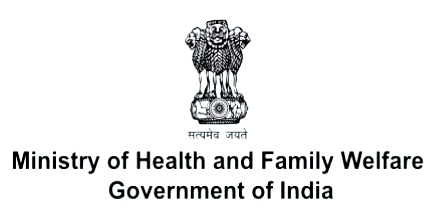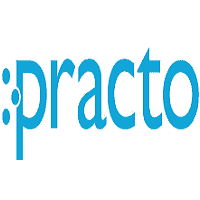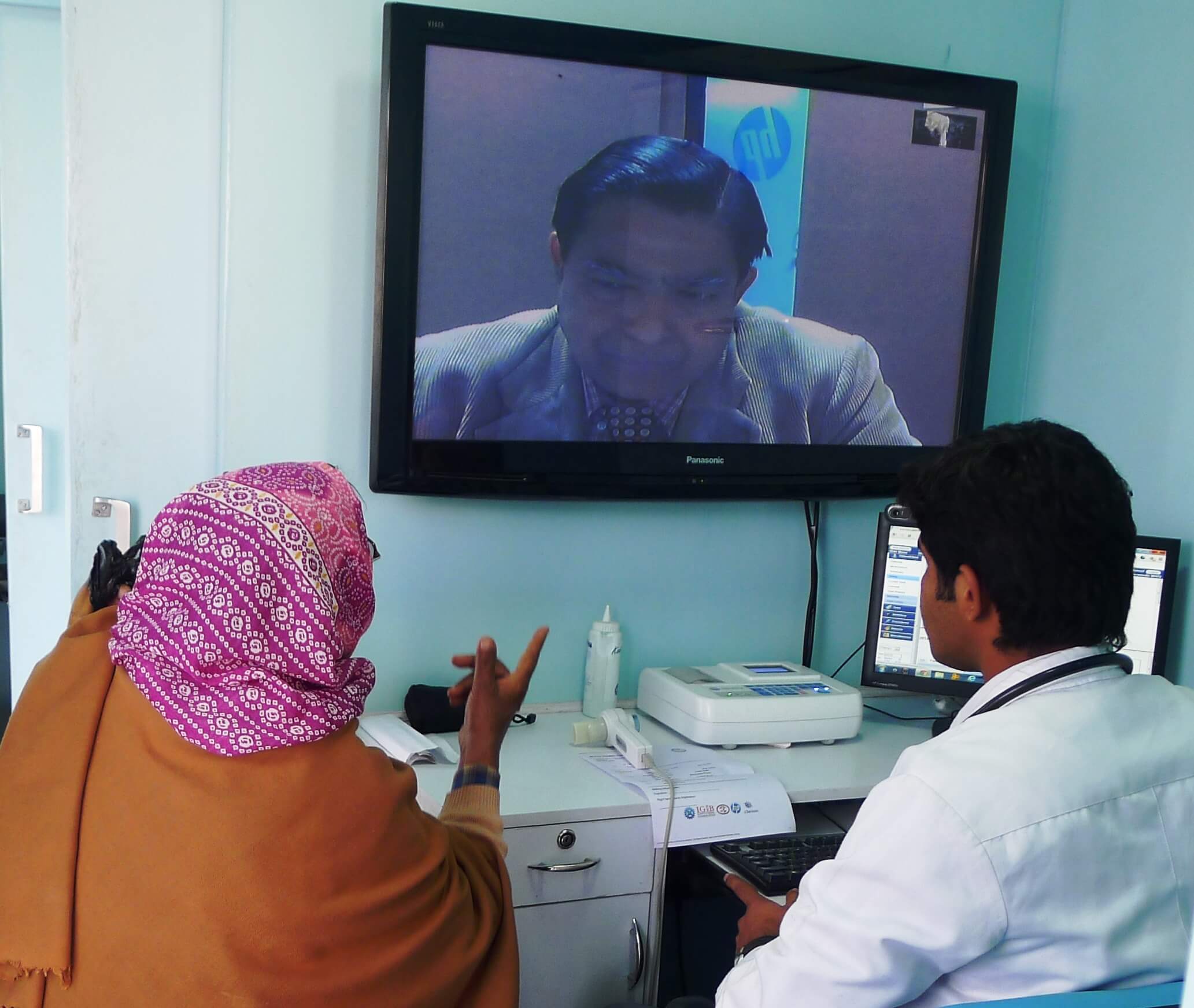
Dr. Harish Jachak,

Manager Presales and Marketing, Birlamedisoft Pvt. Ltd.
How do you visualise the Indian blood bank scenario ?

We know that healthcare industry in India is highly unregulated. But this may not come true in case of Blood Banks. They, on the other hand, are under regulation and monitoring of Central and state governments and agencies like NACO and AIDS control societies. Also now a days opening a blood bank has become very difficult. If you ask me about growth of blood banks, I would straight away say, its slow, very slow. How many blood banks you have heard of that started in last one year? On top of that blood banking facilities are limited to major cities only. We need more storage units in small towns, ” well connected” storage units.
Its these regulations and statutory requirements which make the role of ICT in blood bank very important. Blood bank employees need to maintain atleast 10 to 15 different types of registers and records for reporting purpose. Since there are many regulators and each have different formats for their records, this process of record keeping is very time consuming and cumbersome.
What are the challenges for Blood Bank ?
Some major challenges for blood banks, I would summarise as below:
Safer Blood Supply and storage comes at higher costs.
Growing number of Infections that transmit through blood.
Customer expectations of quality and safety.
Strict regulations.
Motivating people to donate blood. In other words maintaining continuous supply.
Blood transport and storage facilities.
Increasing longevity of blood and blood components.
Wastage of blood and blood components.
Appealing doctors to prescribe components and encouraging blood banks to prepare blood components. This should optimally utilise the scarce whole blood.
How do you feel ICT is working to overcome the problem ?
Proper implementation of Information and Communication Technology (ICT) can change for good how blood banks function.
Bar coding and scanning technology can reduce miss-reporting.
Timely reminders of expiring bags, with identification of bags can make staff to distribute older bags first (FIFO model). This will not only reduce cost of storage but also money lost with discarded bags.
Real time status of available stock in storage centres and/or blood bank will help in maintaining optimal level of usable bags.
Online data of donors would be helpful in identifying habitual donors, maintaining contact list in case of emergency, etc.
Forecasting of blood demand or possible stock-outs in near future will help blood banks to plan and replenish stock well in advance by arranging blood donation camps.
Interfacing with machines can be done so there remains no need of manual entry of test results. Bar code and stickers printing further reduces any chances of human error.
Web based blood banks information management systems will allow the users to enter the data of donors and bags at the point of collection. Otherwise staff have to enter data once they come to centre form any camp. This results in duplication of efforts.
Well formatted reports can suffice requirement of any regulating agency. No need of repeating the entries in each report.
Full array of MIS reports for administrators of blood bank facilities.
Customer support features like SMS, online booking of blood for planned surgeries, etc. will definitely lead to customers satisfaction.
Can we have more precise inputs on ICT ?
We are developers of IT solutions for healthcare industry, providing services to small to large hospitals, diagnostics centres, blood banks, imaging centres, pharmacy shops and healthcare operations of big industrial plants.
We have Information Management System for blood banks, both online and offline, catering to some of the leading blood banks in their respective areas. By making process of registration, blood collection, testing and cross matching, storage of blood bags according to expiry date, blood groups, components, donor and blood bag database, monitored distribution of blood bags and reporting of adverse reactions automated we are making life easy for our clients. Our blood bank management softwares provide all the services that I mentioned in uses of ICT in previous section.
As I said earlier reporting is very critical part of blood bank management, our online and offline BB management software gives you more than 40 different types of reports and records. This allows managers to monitor all functions of blood bank. Donor tracking has been made so easy that blood bank can have large database of emergency donors handy. Also their health profile is maintained to avoid infected blood entry into system at first check point.
Identification and tracking system of bags gives zero chances to miss-reporting or wrong supply of blood.
What are challenges you confront ?
We all agree that people resist change. We had this experience during our introduction of HIMS in every healthcare organisation.
In blood banks specifically, staff is not willing to enter data into system and on pre-formatted record books of monitoring agencies. Standardisation is must here. Problem with government establishments is that with changes in governing body and with passage of time new records keep adding, BUT older and obsolete formats are not scraped off. Staff, by fear of punitive action of not maintaining records, keep on filling them unnecessarily.
Many of the standalone blood banks are operated by trusts. We found it very difficult to convince levels of officials in such organisation of the merits of the ICT over manual work.
Regulations, low profit margins due to wastage and difficulty in starting a new blood bank makes client base very narrow and its difficult to support development cost for smaller projects.
Price of the softwares is a major deterrent in implementation. It is very difficult to convince the providers that this initial cost will ultimately bring down their overall expenses in not so long term.
Blood bank operators are also worried about the changes that may happen in future and that has to be incorporated into softwares. Today’s web browser based solutions have made it easy for making any changes in existing software without uninstalling and installing anything.
Requirement of initial learning of computers and IT products also prevent the users from using the ICT solutions.
Is there any attitudinal shift?
Yes there is. More and more owners and managers are getting the importance of the ICT in blood banks. We are having many enquiries for the products. But the negatives stated above still persist. They want software but perceive any price as high !!.
May be experiences of current users, if promoted skilfully, will bring a change in mindset of others.
How do you forsee the future?
I see great scope of business expansion in Blood Transfusion related business, since most of the blood banks are running without any automation or something just for billing purpose. Blood bank, collection centres and storage units will talk to each other and will maintain continuous availability of life saving fluid. Hospitals would be able to check status of availability of blood of desired group or the components online and how long will it take to reach them.
Confidentiality of donor/receiver data would be of utmost importance and efforts would be placed to protect them. In future I would like to see minimal wastage of precious blood. This could be achieved by timely utilisation of near expiry stock, increased usage of components and keeping the supply (donors) within timely reach whenever there is demand.
Role of government and regulators such as NACO and State AIDS Control Societies is very critical. Government should certainly look into matters of data banking, security of data, standardisation of records, sample and blood bags tracking etc. as a policy matter.
With advancement of newer technology in collection, separation of components and storage of blood, ICT had already entered blood banks. Need of the hour is a system for managing the information.
Be a part of Elets Collaborative Initiatives. Join Us for Upcoming Events and explore business opportunities. Like us on Facebook , connect with us on LinkedIn and follow us on Twitter , Instagram.













